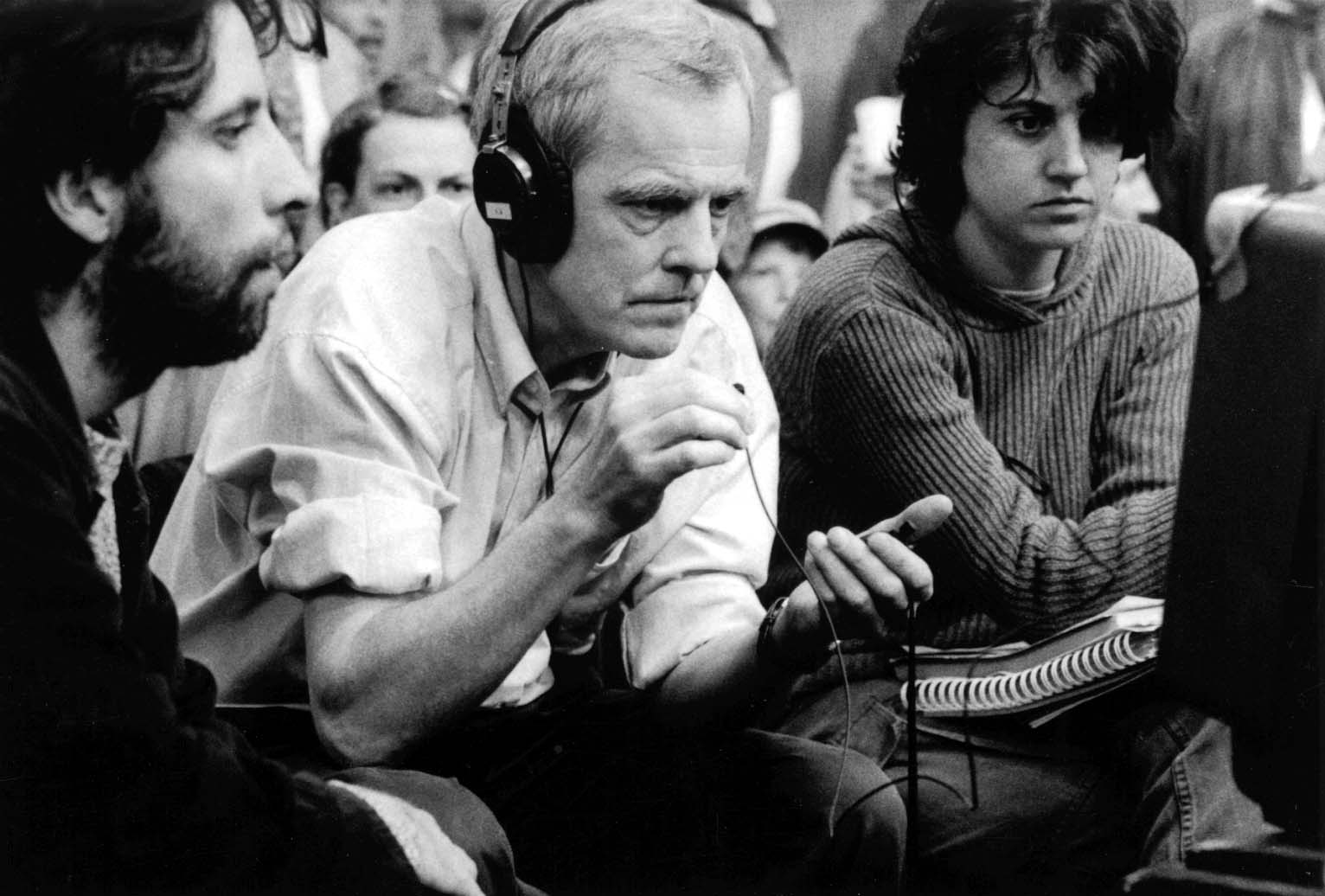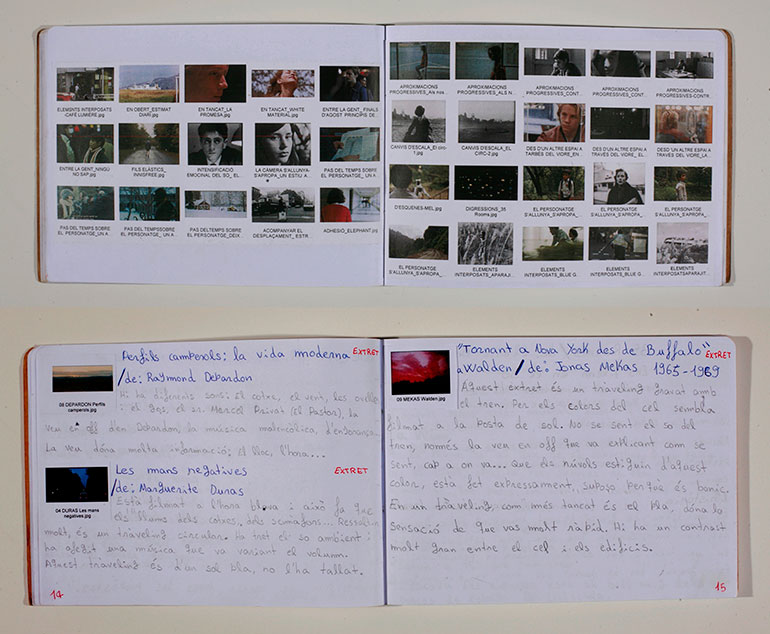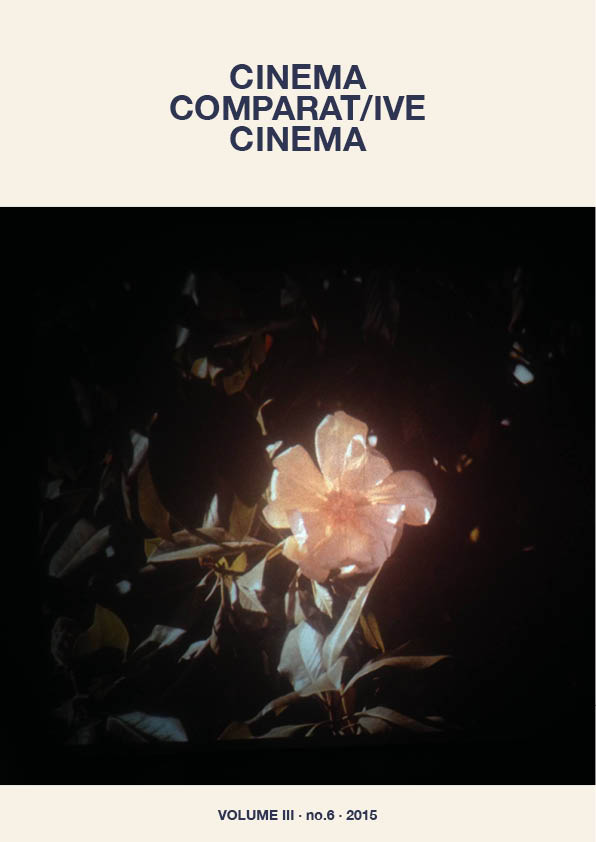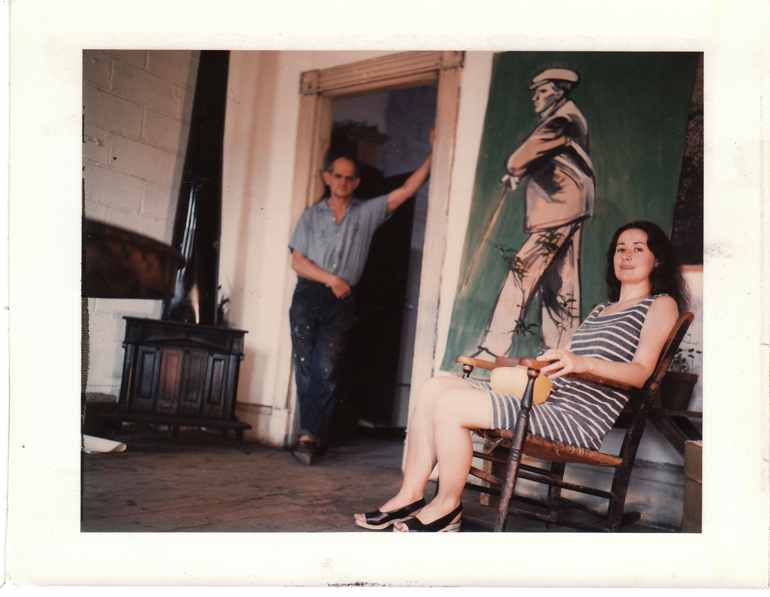DOWNLOAD |
Nº 6 THE POETRY OF THE EARTH. PORTUGUESE CINEMA: RITE OF SPRINGEditorial. The poetry of the earth DOCUMENTSA certain tendency in Portuguese cinema To Manoel de Oliveira The direct experience. Between Northern cinema and Japan Conversation with Pedro Costa. The encounter with António Reis ARTICLESABSTRACT ABSTRACT ABSTRACT ABSTRACT ABSTRACT REVIEWSMARTÍNEZ MUÑOZ, Pau, Mateo Santos. Cine y anarquismo. República, guerra y exilio mexicano
|
CALL FOR PAPERS Nº 15
Deadline for submissions: [EXTENDED] January 30th, 2020.
More information HERE.
ONLINE DOCUMENTS

ONLINE DOCUMENTS No. 7
Notes on the Media Crisis
Peter Watkins

ONLINE DOCUMENTS No. 5
The Screenings: Watching Creation from Nearby
Cinema en curs
The Creation Process
Cinema en curs
ONLINE DOCUMENTS No. 4
Catallegory fatigue
Miguel Amorim



